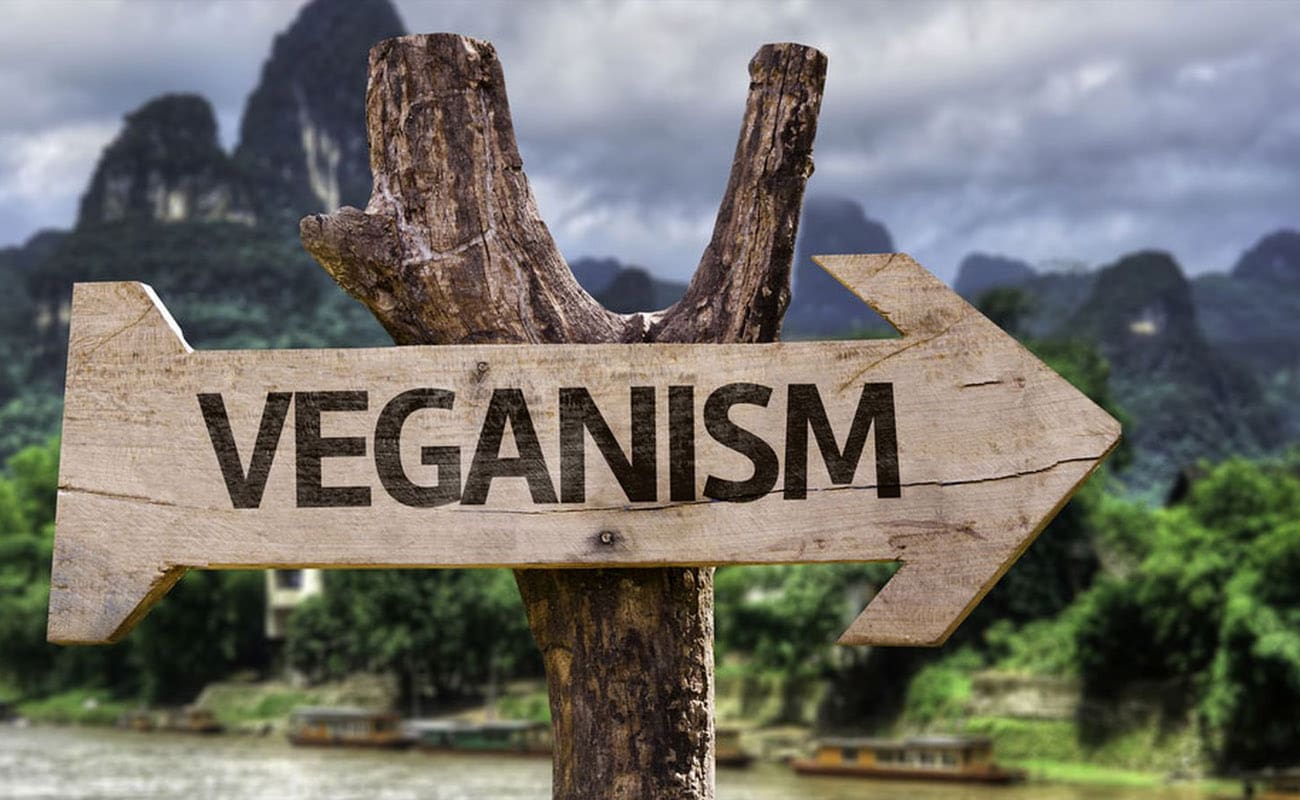This category investigates the human dimension of animal exploitation—how we as individuals and societies justify, sustain, or resist systems of cruelty. From cultural traditions and economic dependencies to public health and spiritual beliefs, our relationships with animals reflect the values we hold and the power structures we inhabit. The “Humans” section explores these connections, revealing how deeply intertwined our own well-being is with the lives we dominate.
We examine how meat-heavy diets, industrial farming, and global supply chains harm human nutrition, mental health, and local economies. Public health crises, food insecurity, and environmental collapse are not isolated events—they are symptoms of an unsustainable system that prioritizes profit over people and planet. At the same time, this category highlights hope and transformation: vegan families, athletes, communities, and activists who are reimagining the human-animal relationship and building more resilient, compassionate ways of living.
By confronting the ethical, cultural, and practical implications of animal use, we also face ourselves. What kind of society do we want to be part of? How do our choices reflect or betray our values? The path toward justice—for animals and for humans—is the same. Through awareness, empathy, and action, we can begin to repair the disconnection that fuels so much suffering, and move toward a more just and sustainable future.
In recent years, the vegan lifestyle has gained immense popularity, not just for its ethical and environmental benefits but also for its potential health advantages. However, a common question that arises among those considering a switch to a plant-based diet is, “Is being vegan expensive?” The short answer is that it doesn’t have to be. By understanding the costs associated with veganism and employing some smart shopping strategies, you can maintain a budget-friendly and nutritious diet. Here’s a breakdown of what to expect and tips to keep costs manageable. The Average Cost of Going Vegan Many foods that form the cornerstone of a healthy vegan diet are similar to the inexpensive staples that underpin the average American diet. These include items like pasta, rice, beans, and bread—foods that are both budget-friendly and versatile. When transitioning to a vegan lifestyle, it's essential to consider how these staples compare in cost to …


























































